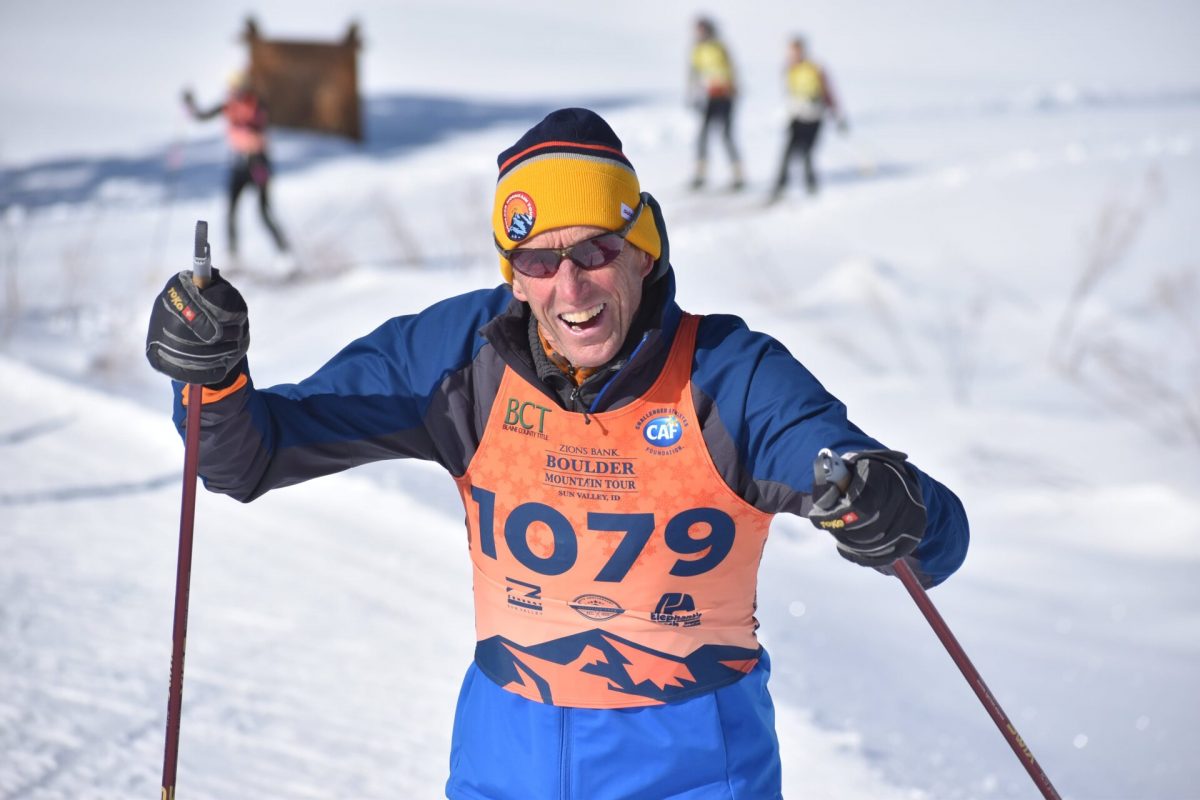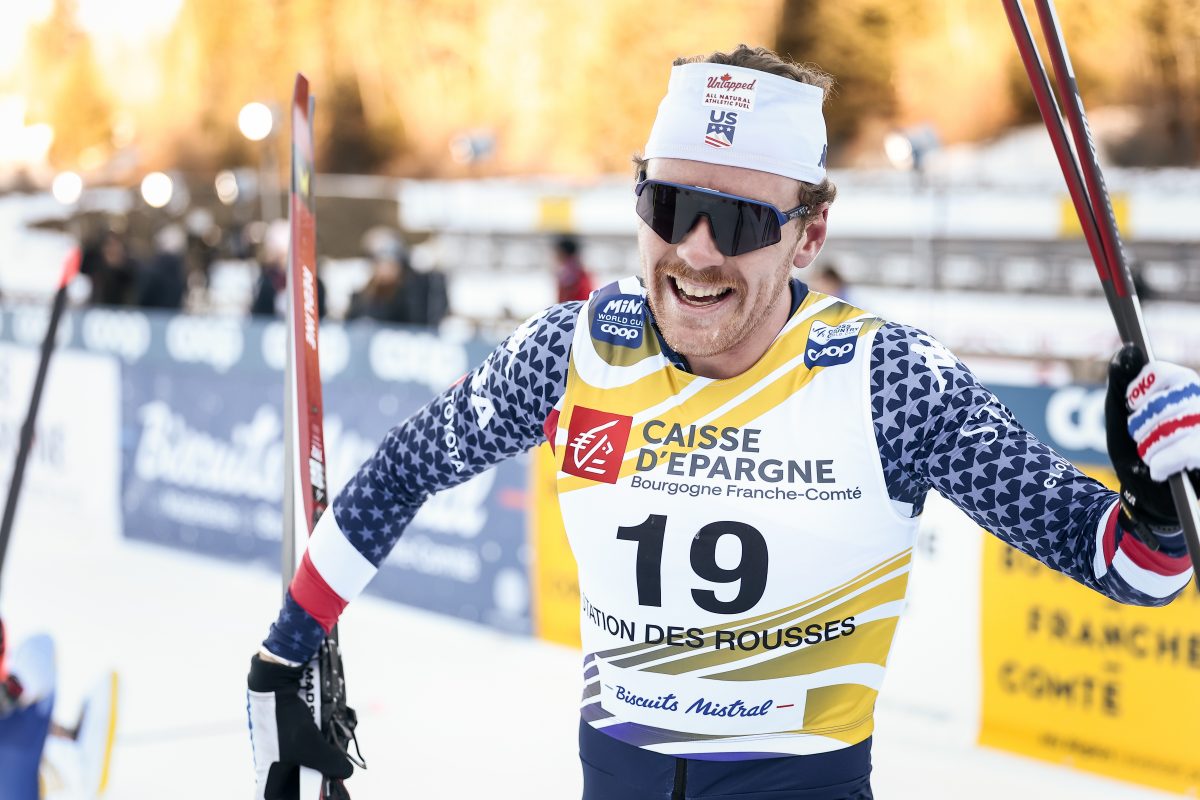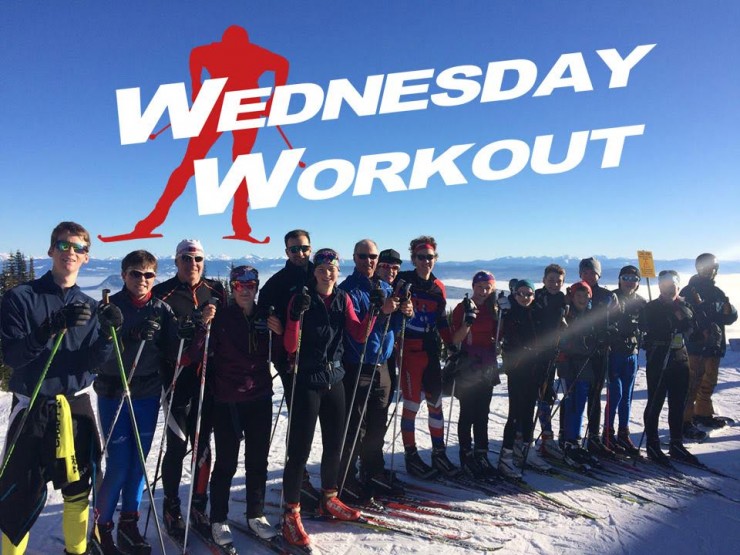
Last year, a group of motivated skiers and parents founded Momentum Northwest, with hopes of creating a junior development club amidst the urban sprawl of Seattle, Wash. While Seattle is an outdoor-orientated city, abutting the Cascades to the east and the Olympic peninsula across the Puget Sound to the west, it is not exactly the prime nordic-ski territory that other urban junior clubs like those in Minneapolis, Denver, Salt Lake City, or even Boston metropolitan areas are blessed with.
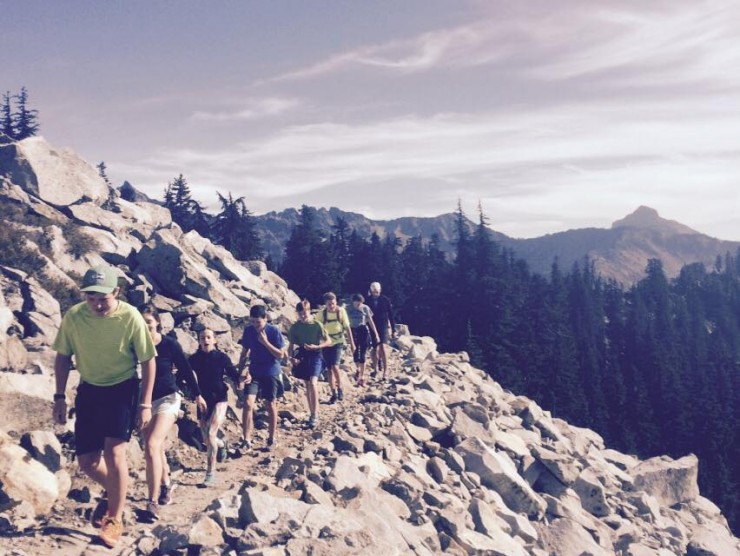
Seattle lacks natural snow, and groomed trails are at least an hour away, too far for an after-school trip. Cold weather to make snow and accessible parks dedicated to trail grooming do not exist in the Seattle area either. In the winter, the sun sets early, and rain often falls continuously, eliminating the potential for any roller skiing. Making matters worse for a budding junior program, the area schools are separated by bodies of water with few bridges and the booming urban population means traffic is worse than ever.
So, how do you solve this logistical nightmare and continue to grow in both attendance and skier ability?
According to Momentum Northwest’s head coach and program director Sam Naney, in order to “find alternatives that allow for coaching opportunities while maximizing a training effect,” he takes advantage of local parks to “condense as much work as possible into that timeframe [the hour and half between the kids leaving school and the sun setting], in a manner that’s not simply going and doing hard intervals.” He believes focusing on fundamentals during this window of opportunity best prepares his athletes for their time on skis.
Naney shared the following workout via email:
“One of our standard sessions that we use year-round is done at Woodland Park in northwest Seattle. The focus of the workout is to keep touch with the key elements for skiing in one session: strength, speed, endurance and agility/technique. The bonus with this venue and workout is that it is condensed in space, so the group can stay together even with varied fitness levels.”
The Workout:
Warmup: 20-minute run to pull-up rings and dip bars
- Classic and skate technique balance drills – 5 minutes
- 100 push-ups (can be done in sets) and 50 hanging leg or knee raises (progress to bent arms and straight legs)
10-minute run to long, gradual uphill path
- 3 x the following:
- double-legged frog hops (from deep squat) – 6 hops
- Single-leg hops for distance – 5/leg
- Lateral skate hops (face perpendicular to hill for first leg, then switch for other leg) – 5/leg
- Hill sprints – 8 seconds
5-minute run to flat grassy area
- 20-minutes strength (45 seconds on, 15 seconds rest in circuit): use variety of exercises such as front plank, V-ups, kayakers, pushups, boat pose, mountain climbers, etc.
Cool down: 5-minute run to return to van
An advantage with this workout is that it introduces various concepts that the athletes can then conduct on their own during non-coached workouts. Plus, the ever-changing nature of the workout makes it fun to do in a large group and can offer a competitive element.
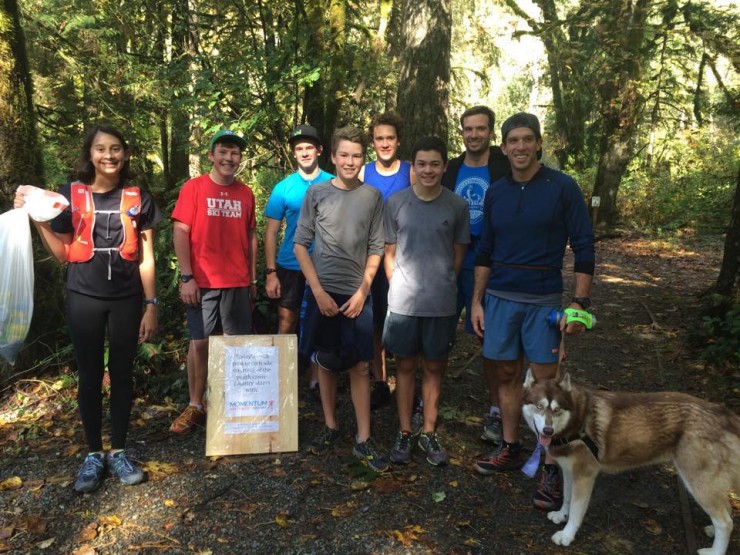
Jeremy Blazar
New to the FasterSkier team, Jeremy has been involved in many facets of the ski community since he began ditching middle school to go skiing. When not daydreaming of the Birkie, he finds time to explore the fishing and trail-running opportunities of his new home, Seattle, Wash.


